Travel the world with a good book
Six authors that will allow you to travel without leaving your house
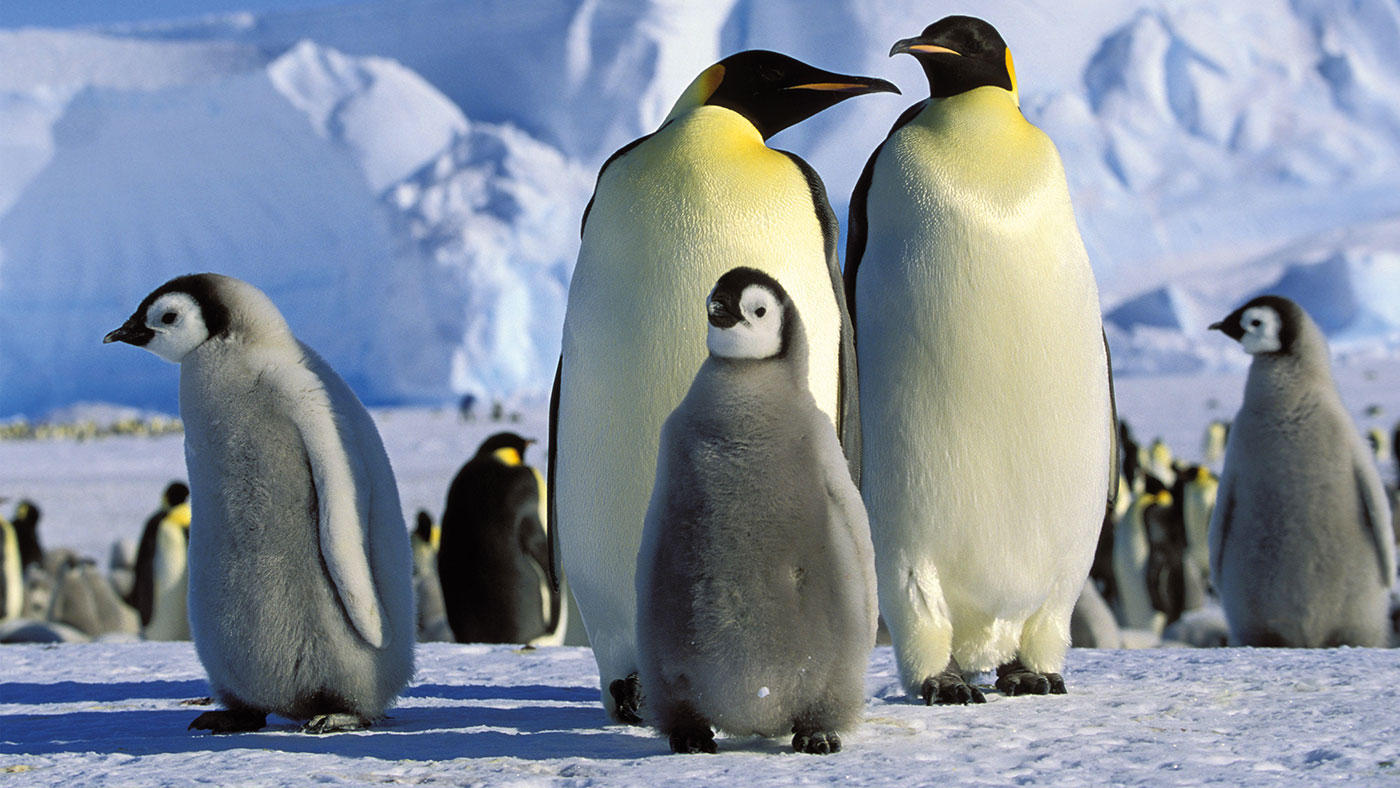
A free daily email with the biggest news stories of the day – and the best features from TheWeek.com
You are now subscribed
Your newsletter sign-up was successful

In 1790, Xavier de Maistre, a French writer and soldier, was in lockdown for six weeks, under house arrest in Turin for duelling, says Marcel Theroux in The Daily Telegraph. He used the time to write a book called Voyage Autour de ma Chambre (Voyage Around my Room). In it, he does just that. Over 42 days, he visits his desk, his bed, his book collection, his paintings and other objects in his room, making “interesting observations” along the way. There is also a chapter on rereading letters from friends.
It hardly sounds scintillating, but “even on this miniature scale, the book mixes memoir, history and philosophy in a way that is entirely in keeping with the travel genre”. De Maitre’s “tiny book shows that there’s no limit to our imaginations” and highlights the “possibilities of enforced solitude”.
The Week
Escape your echo chamber. Get the facts behind the news, plus analysis from multiple perspectives.

Sign up for The Week's Free Newsletters
From our morning news briefing to a weekly Good News Newsletter, get the best of The Week delivered directly to your inbox.
From our morning news briefing to a weekly Good News Newsletter, get the best of The Week delivered directly to your inbox.
It also goes to show that a remote, exotic location is not essential for a good travel book. “Some of the worst travel books have been written about the most far flung places,” says William Cook in The Spectator. Rather, it hinges on the personality of the writer. A good travel book can be like “going on a journey with an old friend, without any of the discomfort or inconvenience”.
Inspiration
“As I travel around my room, trying to catch sight of the far horizon beyond the bedroom window, two irrepressible travellers help me to celebrate a borderless world and the forces and urges that are greater than any single one of us,” says author Rory MacLean in The Guardian. Jay Griffiths’ “untameable” Wild: An Elemental Journey (2006) is “an exhilarating journey [around the world] that pleads for the preservation of wilderness”.
The other is Nicolas Bouvier’s The Way of the World (1963). Bouvier is “the Jack Kerouac of Switzerland… [who] inspired a generation of young 1960s Europeans onto the road, taking me with them. He revelled in the way a journey… can change our lives”. As Bouvier said, “You think you are making a trip, but soon it is making you – or unmaking you”.
A free daily email with the biggest news stories of the day – and the best features from TheWeek.com
Felicity Aston’s Alone in Antarctica (2013) “is laden with emotion, vulnerability and humility”, says author Jini Reddy, also in The Guardian. “The way she describes the isolation, the cold and the landscape is vivid and immediate.” As the first woman to ski across the ice solo, “what she achieved is extraordinary”. “Her grit, her resilience, her honesty, her sheer ability to be alone with herself day after day after day inspired me no end.” Her book is a reminder that we can get through this lockdown, as well as a welcome dose of escapism.
Companionship
These days, “I’m looking to travel books not so much for inspiration as for companionship, in the manner of a raconteur/euse with whom I’d happily spend a few days (weeks, months) of total confinement”, says Anthony Peregrine in The Sunday Times. Companionship can provide “enchantment, insight and instruction”. Jonathan Raban supplies these “supremely” in Passage to Juneau: A Sea and Its Meanings (1999). S
ailing his 35ft ketch through the Inside Passage from his Vancouver home to the Alaskan panhandle, Raban “weaves masterful descriptions of the sea and its various meanings for... Native Americans (for whom it was vital) and white explorers for whom it was the blank bit (before the more interesting land)”. There are moments of self-examination, such as when his father dies, as well as mythology, weird encounters and, “in short, more sustenance that you’d expect from... half a dozen normal authors”.
Humour
“American satirist P.J. O’Rourke has a rare talent for writing humorously about humourless topics,” says The Spectator’s William Cook. In Eat the Rich: A Treatise on Economics (first published in 1998), O’Rourke travels the world to assess the pros and cons of competing economic systems.
Chapters include “Good Capitalism (Wall Street), Bad Capitalism (Albania), Good Socialism (Sweden), Bad Socialism (Cuba), How to Make Everything from Nothing (Hong Kong), How to Make Nothing from Everything (Tanzania) and How to Have the Worst of Both Worlds (Shanghai)”. This book taught me “more about economics... than any book about economics I’ve ever read”.
This article was originally published in MoneyWeek
-
 How to Get to Heaven from Belfast: a ‘highly entertaining ride’
How to Get to Heaven from Belfast: a ‘highly entertaining ride’The Week Recommends Mystery-comedy from the creator of Derry Girls should be ‘your new binge-watch’
-
 The 8 best TV shows of the 1960s
The 8 best TV shows of the 1960sThe standout shows of this decade take viewers from outer space to the Wild West
-
 Microdramas are booming
Microdramas are boomingUnder the radar Scroll to watch a whole movie
-
 Sport on TV guide: Christmas 2022 and New Year listings
Sport on TV guide: Christmas 2022 and New Year listingsSpeed Read Enjoy a feast of sporting action with football, darts, rugby union, racing, NFL and NBA
-
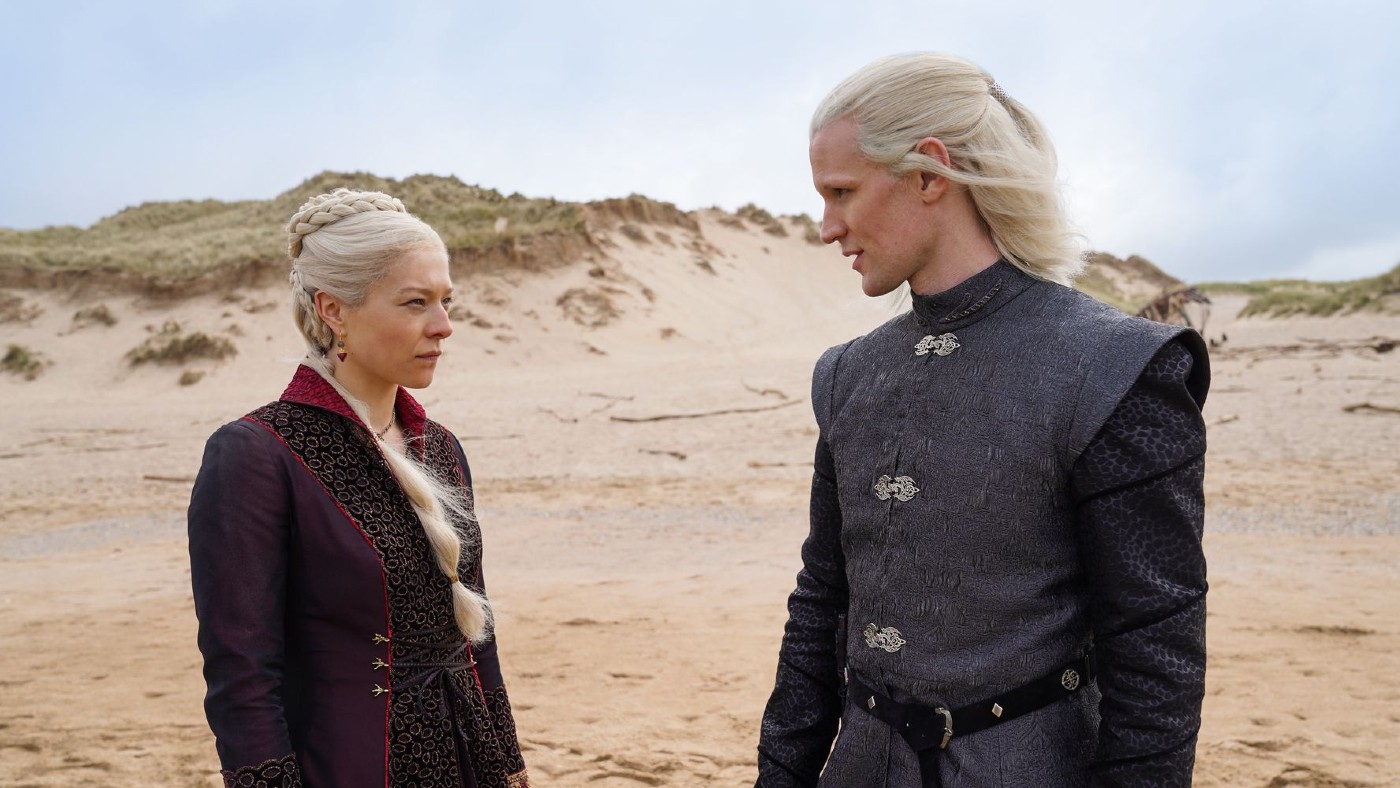 House of the Dragon: what to expect from the Game of Thrones prequel
House of the Dragon: what to expect from the Game of Thrones prequelSpeed Read Ten-part series, set 200 years before GoT, will show the incestuous decline of Targaryen
-
 One in 20 young Americans identify as trans or non-binary
One in 20 young Americans identify as trans or non-binarySpeed Read New research suggests that 44% of US adults know someone who is transgender
-
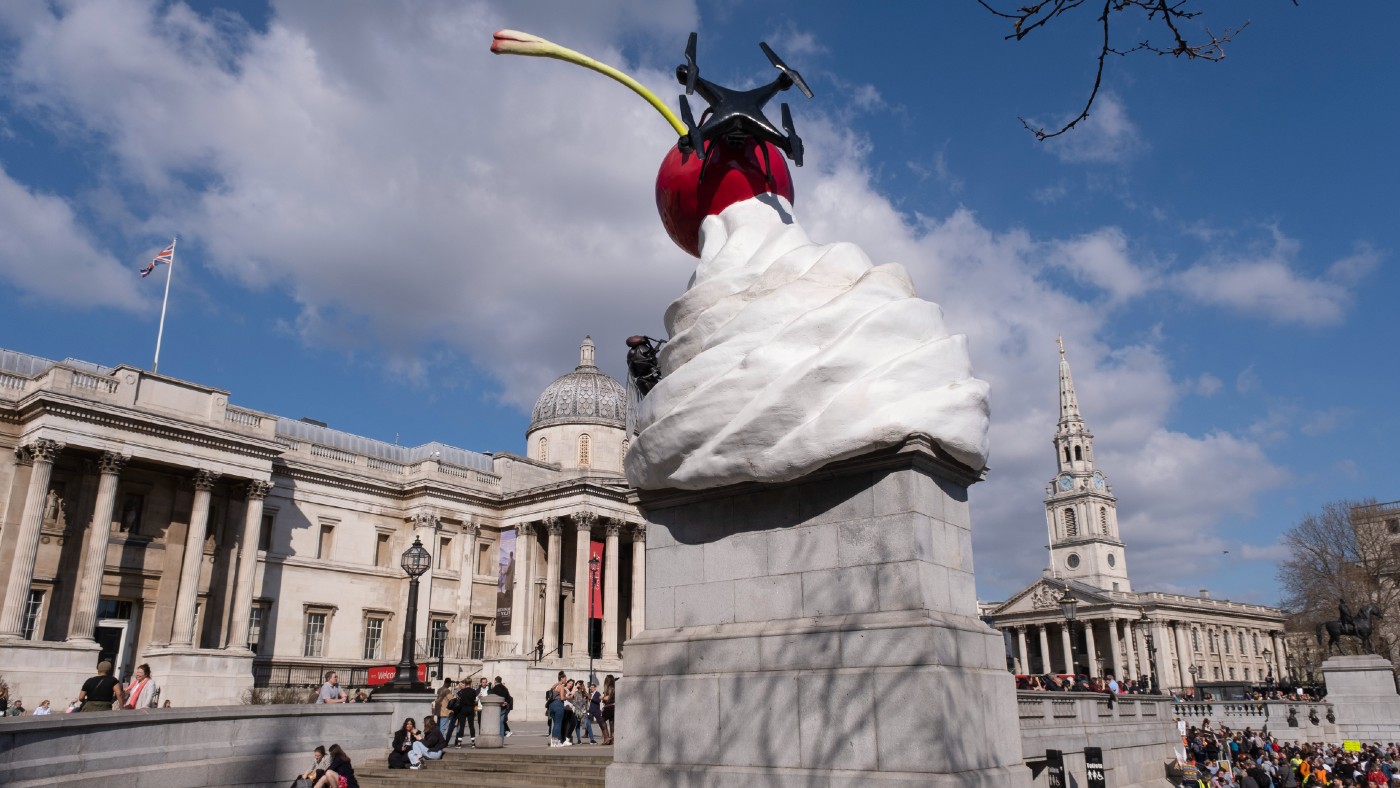 The Turner Prize 2022: a ‘vintage’ shortlist?
The Turner Prize 2022: a ‘vintage’ shortlist?Speed Read All four artists look towards ‘growth, revival and reinvention’ in their work
-
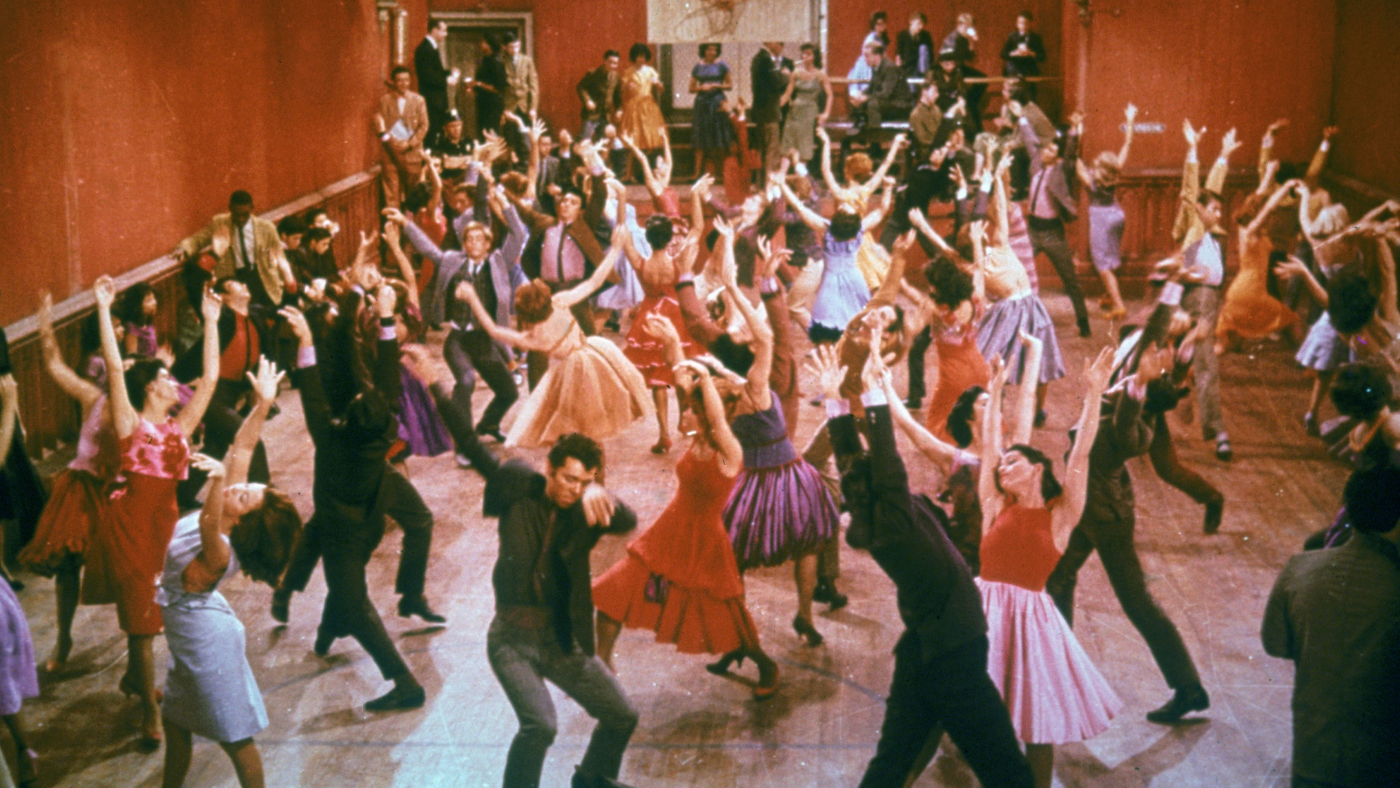 What’s on TV this Christmas? The best holiday television
What’s on TV this Christmas? The best holiday televisionSpeed Read From films and documentaries to musicals for all the family
-
 Coco vision: up close to Chanel opticals
Coco vision: up close to Chanel opticalsSpeed Read Parisian luxury house adds opticals to digital offering
-
 Abba returns: how the Swedish supergroup and their ‘Abba-tars’ are taking a chance on a reunion
Abba returns: how the Swedish supergroup and their ‘Abba-tars’ are taking a chance on a reunionSpeed Read From next May, digital avatars of the foursome will be performing concerts in east London
-
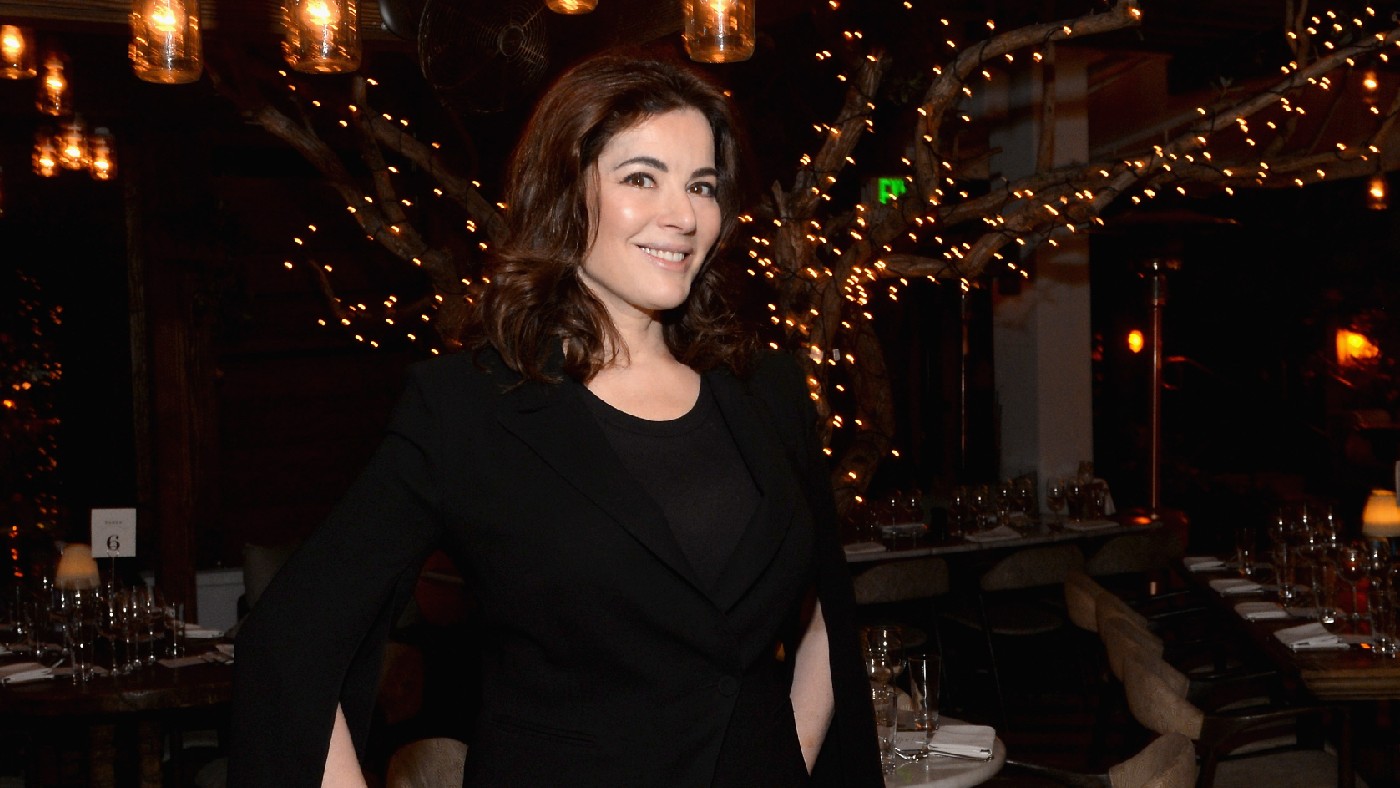 ‘Turning down her smut setting’: how Nigella Lawson is cleaning up her recipes
‘Turning down her smut setting’: how Nigella Lawson is cleaning up her recipesSpeed Read Last week, the TV cook announced she was axing the word ‘slut’ from her recipe for Slut Red Raspberries in Chardonnay Jelly